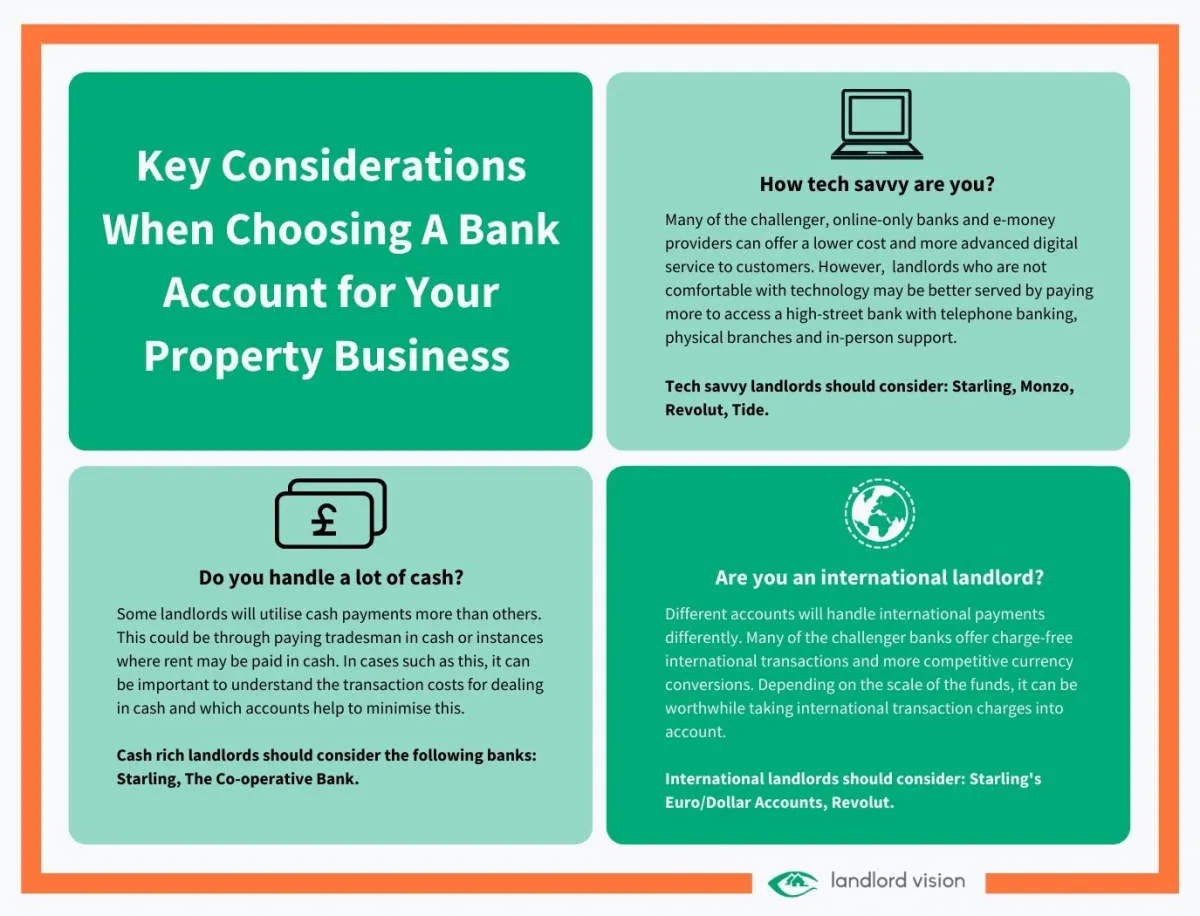Key Considerations When Choosing a Mortgage Plan in Canada
Choosing the right mortgage plan in Canada is crucial for your financial well-being. With a myriad of options available, it’s important to consider factors like interest rates, terms, and payment flexibility. This article explores key considerations to help you make an informed decision that suits your needs and goals.
Understanding Different Types of Mortgages in Canada
When it comes to choosing a mortgage plan in Canada, there are several important considerations to keep in mind. One of the first things you’ll need to understand are the different types of mortgages available to you. Each type has its own set of pros and cons, and selecting the right one for your individual needs is crucial. Here is an overview of the main types of mortgages in Canada:
1. Fixed-Rate Mortgage
A fixed-rate mortgage offers a consistent interest rate throughout the term of the loan. This means that your monthly mortgage payment remains the same, making it easier to budget and plan your finances. However, these types of mortgages may have slightly higher interest rates compared to other options.
2. Variable-Rate Mortgage
A variable-rate mortgage, also known as an adjustable-rate mortgage (ARM), has an interest rate that can fluctuate over the term. The rate is typically based on the prime rate set by the Bank of Canada. While the initial interest rate may be lower than that of a fixed-rate mortgage, it can increase or decrease in response to changes in the market.
3. Open Mortgage
An open mortgage provides flexibility for borrowers who may want to make additional payments or pay off the mortgage entirely without incurring penalties. However, open mortgages usually have higher interest rates to compensate for this flexibility.
4. Closed Mortgage
A closed mortgage has a fixed term and a predetermined interest rate. While it offers less flexibility compared to an open mortgage, it often has lower interest rates. Prepayment penalties may apply if you want to pay off the mortgage early or make extra payments beyond what is allowed within the terms.
5. Home Equity Line of Credit (HELOC)
A HELOC allows homeowners to use the equity in their home as collateral for a loan. It operates like a revolving line of credit, giving borrowers the flexibility to borrow and repay funds as needed. Interest rates are typically variable and tied to the prime rate.
Key Considerations When Choosing a Mortgage Plan in Canada:
- Interest rates and mortgage terms
- Your financial goals and budget
- Flexibility and prepayment options
- The potential for interest rate fluctuations
- The length of time you plan to stay in your home
- Your risk tolerance and preference for stable payments
Remember, selecting the right mortgage plan is a critical decision that can impact your financial well-being in the long run. It is advisable to consult with a mortgage professional to analyze your specific financial situation and guide you through the process.
Factors to Consider When Choosing a Mortgage Lender

Choosing the right mortgage lender is an important decision that can have a significant impact on your financial situation. Here are several factors to consider when selecting a mortgage lender:
1. Interest Rates
One of the key factors to consider is the interest rates offered by the lender. It is important to compare rates from different lenders to ensure you are getting the most competitive deal. Even a small difference in interest rates can result in substantial savings over the life of your mortgage.
2. Loan Fees
In addition to interest rates, you should also consider the various fees associated with the mortgage. These may include origination fees, application fees, appraisal fees, and closing costs. It is important to understand all the fees involved to accurately compare lenders.
3. Loan Terms
Review the terms of the mortgage offered by different lenders. This includes the loan duration, payment frequency, and any prepayment penalties. Choose a mortgage lender that offers terms that align with your financial goals and preferences.
4. Customer Service
Good customer service is essential when it comes to dealing with a mortgage lender. Look for a lender who is responsive and willing to answer all your questions. Read reviews and testimonials to get an idea of their level of customer service.
5. Down Payment Requirements
Consider the down payment requirements of different lenders. Some lenders may require a higher down payment, while others may offer more flexibility. Take into account your current financial situation and choose a lender that suits your down payment capabilities.
6. Mortgage Programs
Find out about the various mortgage programs offered by different lenders. Some lenders may have special programs for first-time homebuyers, self-employed individuals, or individuals with unique financial circumstances. Explore these options to find the most suitable mortgage plan for your needs.
7. Mortgage Preapproval
Consider getting preapproved for a mortgage before choosing a lender. Preapproval can give you a better idea of the loan amount you qualify for and help streamline the home buying process.
8. Reputation and Stability
Research the reputation and stability of the mortgage lenders you are considering. Look for lenders who have a solid track record and are financially stable. This will ensure reliability and peace of mind throughout the mortgage process.
By considering these factors when choosing a mortgage lender, you can make an informed decision that best suits your financial needs and goals.
Calculating Affordability: How Much Mortgage Can You Get?
When it comes to choosing a mortgage plan in Canada, one of the key considerations is determining how much mortgage you can afford. Calculating affordability is crucial to ensure that you don’t take on a mortgage that will strain your finances in the long run.
Here are some important factors to keep in mind:
1. Your Household Income
Your household income is a fundamental factor that lenders consider when determining the amount of mortgage they can offer you. It includes not only your salary but also any additional sources of income, such as investments, rental properties, or side businesses.
2. Your Debt-to-Income Ratio
Lenders also take into account your debt-to-income ratio, which is the percentage of your income that goes towards debt payments. They want to ensure that you have enough income to cover your mortgage payments along with any other debts you may have, such as credit card bills, car loans, or student loans.
3. The Mortgage Rate
The prevailing mortgage rate will also impact how much mortgage you can afford. Higher interest rates mean higher monthly payments, so it’s important to consider the current rates and how they fit into your budget.
4. Down Payment
The size of your down payment will affect the amount of mortgage you can qualify for. A larger down payment means you’ll need to borrow less, making it easier to afford the monthly payments and potentially qualifying you for better terms and rates.
5. Loan Term
The length of your loan term can impact your affordability as well. Shorter terms generally come with higher monthly payments, but you’ll pay off the mortgage faster and possibly save on interest in the long run. Longer terms may have lower monthly payments, but you may end up paying more in interest over time.
6. Additional Costs
Remember to consider other expenses associated with homeownership, such as property taxes, insurance, and maintenance costs. These additional costs can significantly impact your affordability.
By carefully considering these factors and using online mortgage calculators, you can estimate how much mortgage you can afford. It’s important to find a balance between borrowing enough to meet your needs without stretching your finances too thin.
Ultimately, consulting with a mortgage professional is highly recommended to evaluate your specific situation and explore various mortgage options available in Canada. They can help you navigate the complexities and ensure you make an informed decision regarding your mortgage plan.
Conclusion
Choosing the right mortgage plan in Canada requires careful consideration of several key factors such as interest rates, loan terms, and repayment options. It is crucial to assess your financial situation and future plans before making a decision. Consulting with a professional mortgage advisor can provide valuable insights and guidance in navigating the mortgage market.

Posting Komentar untuk "Key Considerations When Choosing a Mortgage Plan in Canada"
Gambar ataupun video yang ada di situs ini terkadang berasal dari berbagai sumber media lain. Hak Cipta sepenuhnya dipegang oleh sumber tersebut.